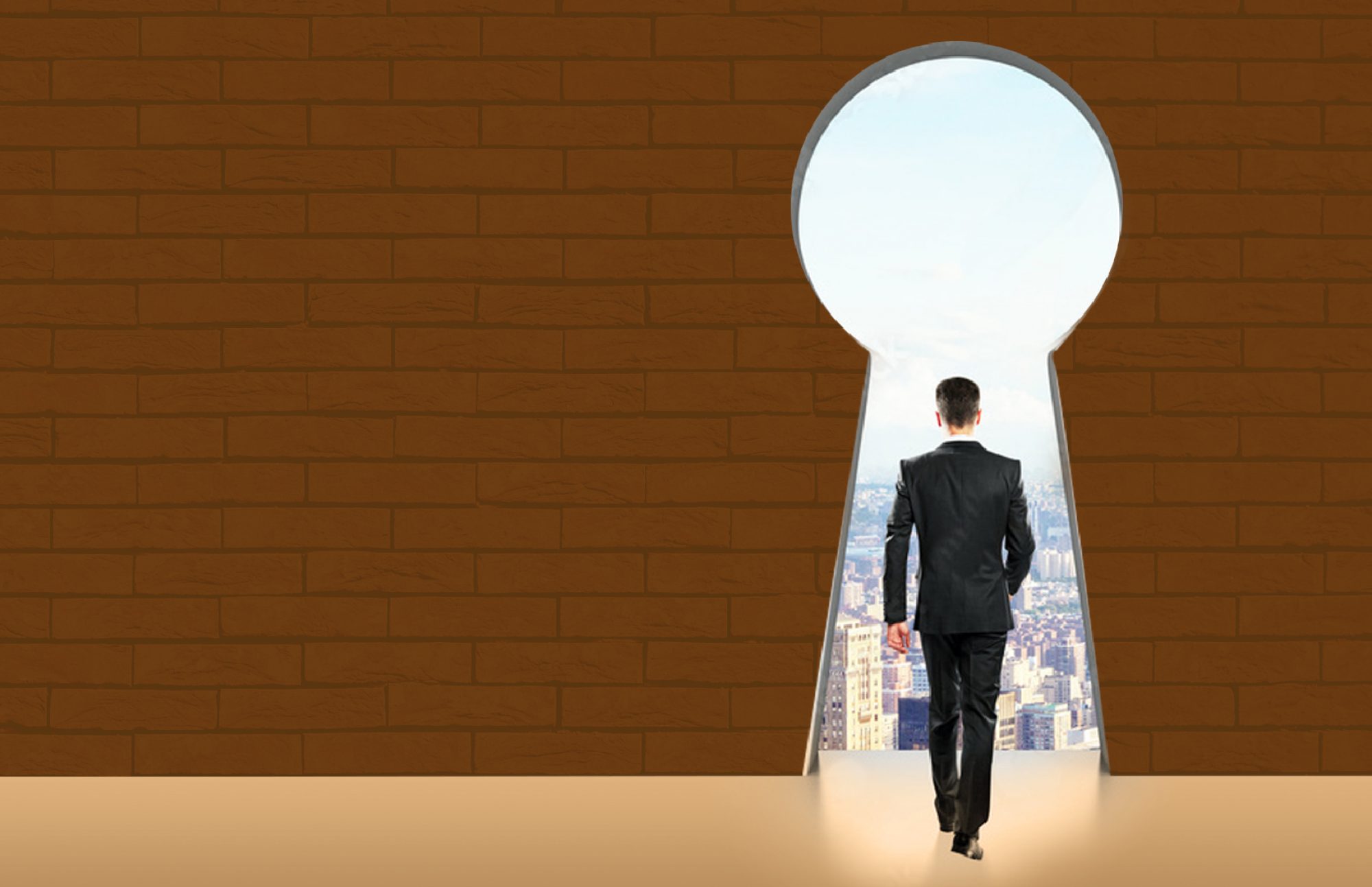Sleep is a fundamental aspect of human life, essential for maintaining physical and mental health. We spend approximately one-third of our lives asleep, and it plays a crucial role in various bodily functions, including memory consolidation, immune system support, and emotional regulation. But, have you ever wondered just how long you can go without sleep before it becomes a life-threatening situation? In this exploration of sleep deprivation, we will delve into the limits of human endurance, the consequences of prolonged wakefulness, and the fascinating science behind our need for rest.
Want to sleep better or hack your sleep cycle entirely? Maybe hack some other lifeskills? Try my lifestyle wellbeing sleep course. You don’t need to pay the full amount. Email info@keytostudy.com to ask for a big discount. You’ll be happy with what you get.
The Stages of Sleep
Before we dive into the topic of sleep deprivation, let’s understand the different stages of sleep. Sleep consists of two main categories: non-REM (Rapid Eye Movement) and REM sleep. Non-REM sleep has three distinct stages, each with its unique characteristics.
Stage 1: This is the transition phase between wakefulness and sleep. It’s a light sleep where you may experience muscle twitches and fleeting thoughts.
Stage 2: During this stage, your body temperature and heart rate drop, and your brain waves slow down. It’s a deeper sleep than Stage 1, and it makes up a significant portion of your overall sleep cycle.
Stage 3: Also known as slow-wave sleep (SWS), this is the deepest stage of non-REM sleep. It is essential for physical restoration and growth, as well as overall well-being.
REM sleep, on the other hand, is characterised by rapid eye movements, increased brain activity, and vivid dreaming. This stage is crucial for memory consolidation and cognitive function.
The Consequences of Sleep Deprivation
Now, let’s explore what happens when you don’t get enough sleep, and how long you can go before it becomes a life-threatening issue.
1. Short-term Effects:
Cognitive Impairment: Even a single night of poor sleep can result in impaired memory, attention, and decision-making.
Mood Disturbances: Sleep deprivation can lead to irritability, mood swings, and increased emotional sensitivity.
Physical Impairments: Reduced coordination, slower reaction times, and a higher risk of accidents are common short-term consequences.
2. Longer-Term Effects:
Chronic Health Problems: Chronic sleep deprivation is associated with a higher risk of conditions like obesity, diabetes, and cardiovascular disease.
Immune System Dysfunction: Prolonged sleep deprivation weakens the immune system, making you more susceptible to infections.
Mental Health Issues: Chronic insomnia can contribute to the development of anxiety disorders and depression.
Hallucinations and Delusions: In extreme cases, prolonged wakefulness can lead to hallucinations, delusions, and severe mental health disturbances.
So, How Long Can You Go Without Sleep?
The exact duration a person can go without sleep varies from individual to individual due to factors such as genetics, age, and overall health. However, it is universally accepted that prolonged sleep deprivation is extremely detrimental to health and can ultimately lead to death.
In one tragic case study, a man named Randy Gardner stayed awake for a record-breaking 11 days in 1965, under the observation of sleep researchers. Although he experienced hallucinations, mood swings, and cognitive impairments, he survived without permanent damage. Nevertheless, this experiment should not be taken as an endorsement of sleep deprivation; Gardner’s experience was highly unusual and should not be replicated.
In more typical cases, it’s challenging to pinpoint an exact duration because the effects of sleep deprivation are progressive. After just a few days without sleep, most individuals would experience severe cognitive impairments, making normal functioning nearly impossible. Prolonged sleeplessness would eventually lead to organ failure, primarily due to the strain it places on the body.
The Importance of Microsleeps
Even in extreme sleep deprivation, there’s a phenomenon known as “microsleeps.” These are brief, involuntary periods of sleep that last only a few seconds. They occur when the brain is so exhausted that it briefly shuts down specific areas while the rest of the brain remains active. Although microsleeps can provide a momentary reprieve from wakefulness, they are not a viable long-term solution. They can occur without warning, making them dangerous, especially in situations that demand attention, like driving.
Scientific Studies on Sleep Deprivation
While we know that sleep deprivation can have severe consequences, extensive scientific research has helped us understand the underlying mechanisms better. These studies have provided insight into the importance of sleep for various bodily functions.
1. The Sleepless Rat Experiment:
In a famous experiment, rats were kept awake continuously. After just a few weeks, the rats began to exhibit severe health issues and eventually died. This experiment demonstrated the importance of sleep for survival.
2. Fatal Familial Insomnia:
There are rare genetic conditions, such as fatal familial insomnia (FFI), that cause a complete inability to sleep. Individuals with FFI eventually experience severe physical and mental deterioration and typically die within a few months to years.
3. The Effects of Shift Work:
Shift workers, who often experience disrupted sleep patterns, have a higher risk of developing chronic health conditions, including cardiovascular disease and certain types of cancer.
Sleep and the Brain
The brain is particularly vulnerable to the effects of sleep deprivation. During sleep, the brain goes through essential processes, including memory consolidation, emotional regulation, and toxin removal. The glymphatic system, a waste removal system in the brain, is more active during sleep, flushing out harmful proteins like beta-amyloid, which is associated with Alzheimer’s disease.
Prolonged sleep deprivation can lead to a state of cognitive impairment akin to intoxication, making it challenging to think clearly and make rational decisions. Hallucinations, paranoia, and severe emotional disturbances may also occur.
The Longest Recorded Periods of Wakefulness
While Randy Gardner’s 11-day wakefulness experiment is widely known, there have been other recorded instances of extended wakefulness:
- Robert McDonald: In 1986, Robert McDonald stayed awake for 18 days as part of a sleep-deprivation study. He reported vivid hallucinations, memory lapses, and cognitive dysfunction.
- Tony Wright: In 2007, Tony Wright claimed to have stayed awake for 266 hours (over 11 days) without experiencing significant health issues. However, this self-reported case lacks the scientific rigour of controlled experiments.
It’s important to note that these individuals are outliers, and their experiences should not be taken as evidence that extreme sleep deprivation is safe or advisable.
The Importance of Sleep Hygiene
Given the numerous risks associated with sleep deprivation, it’s crucial to prioritise good sleep hygiene. Here are some tips to promote healthy sleep:
- Maintain a Consistent Schedule: Go to bed and wake up at the same time every day, even on weekends.
- Create a Sleep-Friendly Environment: Keep your bedroom dark, cool, and quiet. Invest in a comfortable mattress and pillows.
- Limit Screen Time: Avoid electronic devices with bright screens at least an hour before bedtime, as the blue light can disrupt your sleep-wake cycle.
- Watch Your Diet: Avoid heavy meals and caffeine close to bedtime.
- Stay Active: Regular physical activity can improve sleep quality, but avoid strenuous exercise close to bedtime.
- Manage Stress: Practise relaxation techniques such as meditation, deep breathing, or yoga to reduce stress and promote better sleep.
Conclusion
In conclusion, sleep is an essential component of a healthy life, and prolonged sleep deprivation can have severe consequences , both physically and mentally. While the duration one can go without sleep varies, it is universally accepted that depriving oneself of sleep for extended periods is detrimental and can lead to life-threatening conditions. Understanding the importance of sleep and practising good sleep hygiene is crucial for maintaining overall well-being and longevity. Remember that sleep is not a luxury but a necessity for a healthy and productive life.

